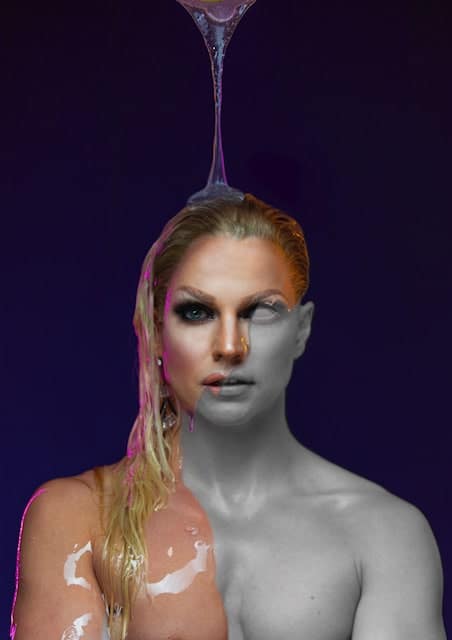

Is there anything you learned about yourself throughout the writing process? There’s lots of sex stories, very queer stories, and I just hope that they enjoy those and feel sort of seen by them. If my experience does reflect theirs, maybe it’ll bring some solidarity or insight to that experience. If my experience doesn’t reflect theirs in a sort of direct way, I hope that they at least see the humanity in someone else’s experience and understand a different experience a little bit better. Ultimately, what do you hope readers take away from the book? I just wanted to capture that era, not only of my life, but of the Sydney drag scene and my experience on Drag Race, which I think is also such a unique point in history as well. Other people of similar age, or people who are younger or older. I thought there might be things that I had learned through my experiences that other people might benefit from. Although my sort of queer journey isn’t necessarily like a current one because it happened in the early 2000s, I think so much has changed since then. Reading about Jenny Boylan, Kate Bornstein, and Chaz Bono, as well as non-queer memoirs like Fran Drescher’s, Boy George’s, Geri Halliwell’s, I just loved them all. I always loved reading memoirs when I was younger, and I started to discover queer memoirs after I turned 18.

What initially inspired you to write a memoir? When they do and connect with it in personal ways, it’s very, very meaningful. It’s been amazing to have people read the book and love it because this is a pretty vulnerable thing, writing about your life and wondering if anybody will care or read it.

It’s been received very well by audiences! It became a best-seller, and it’s gotten great reviews and responses from people. launch of your memoir, Caught in the Act ! How was it received when it was released in Australia last year? She took some time to discuss Caught in the Act with OFM.Ĭongrats on the U.S.


 0 kommentar(er)
0 kommentar(er)
